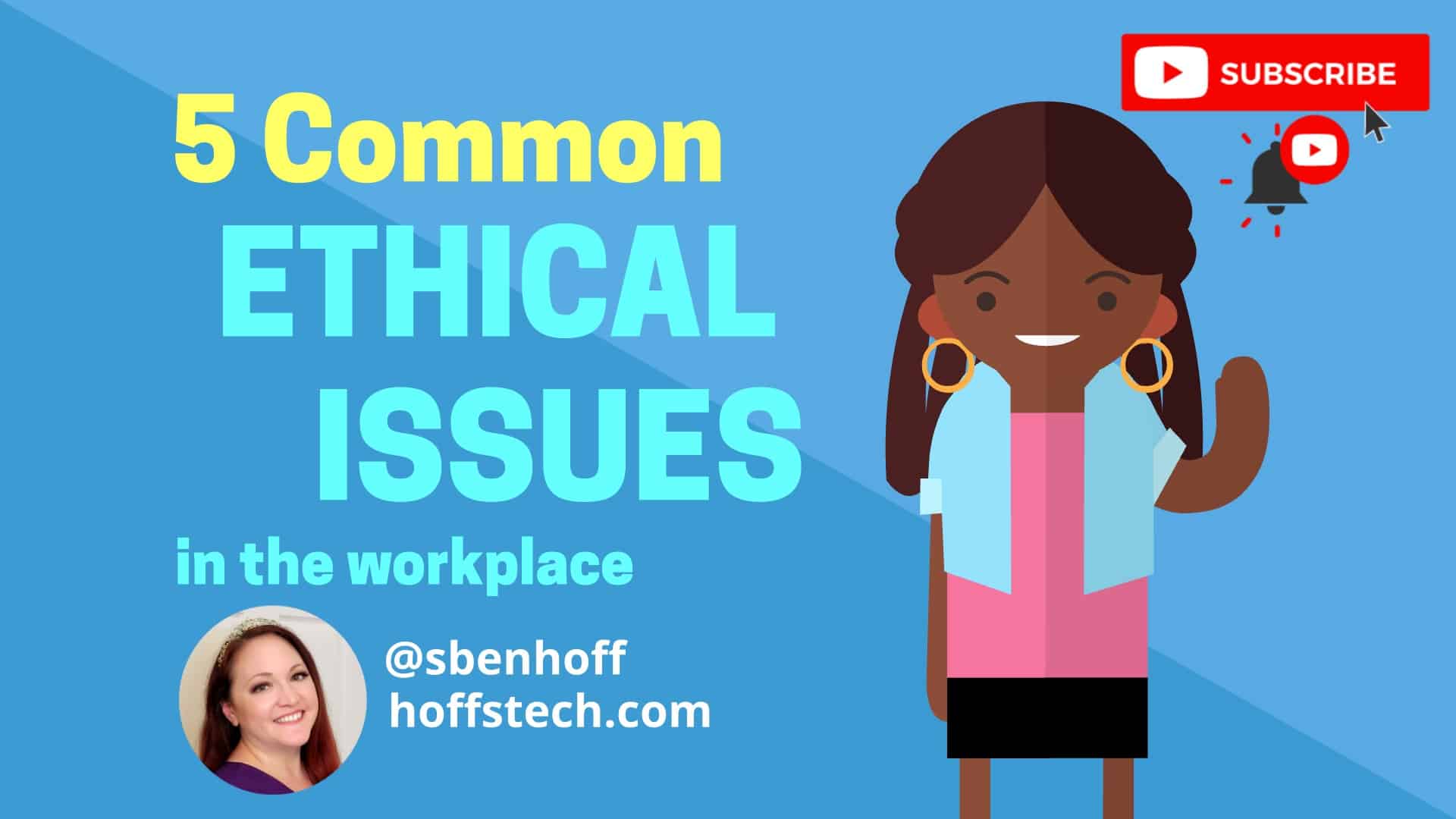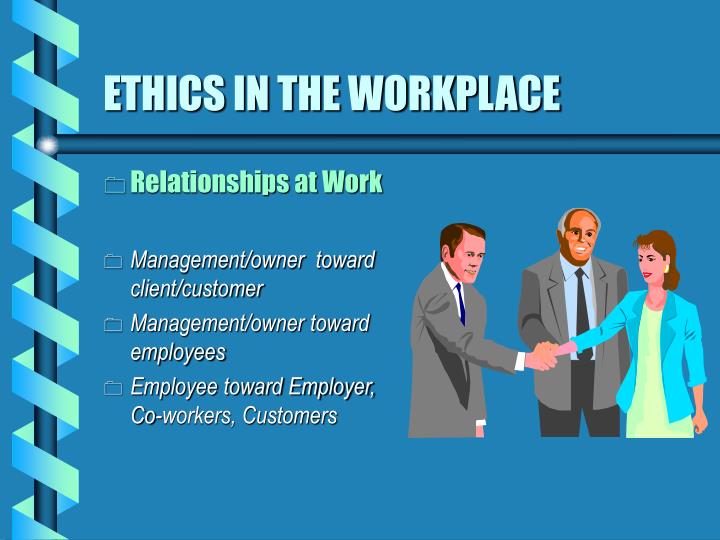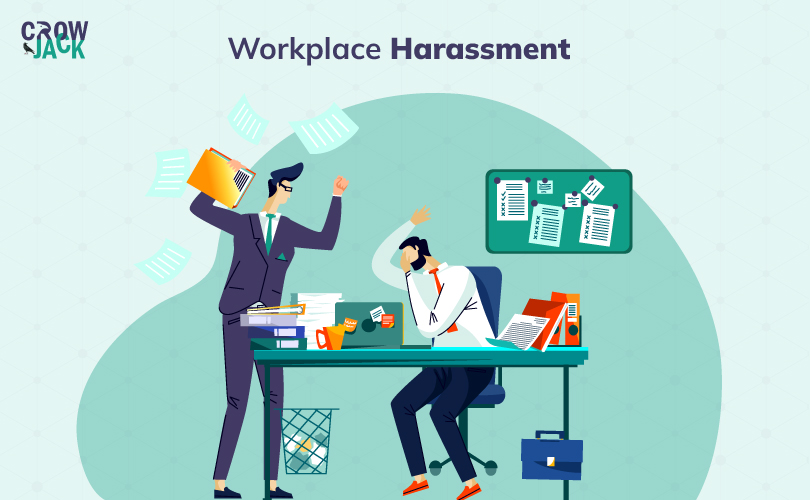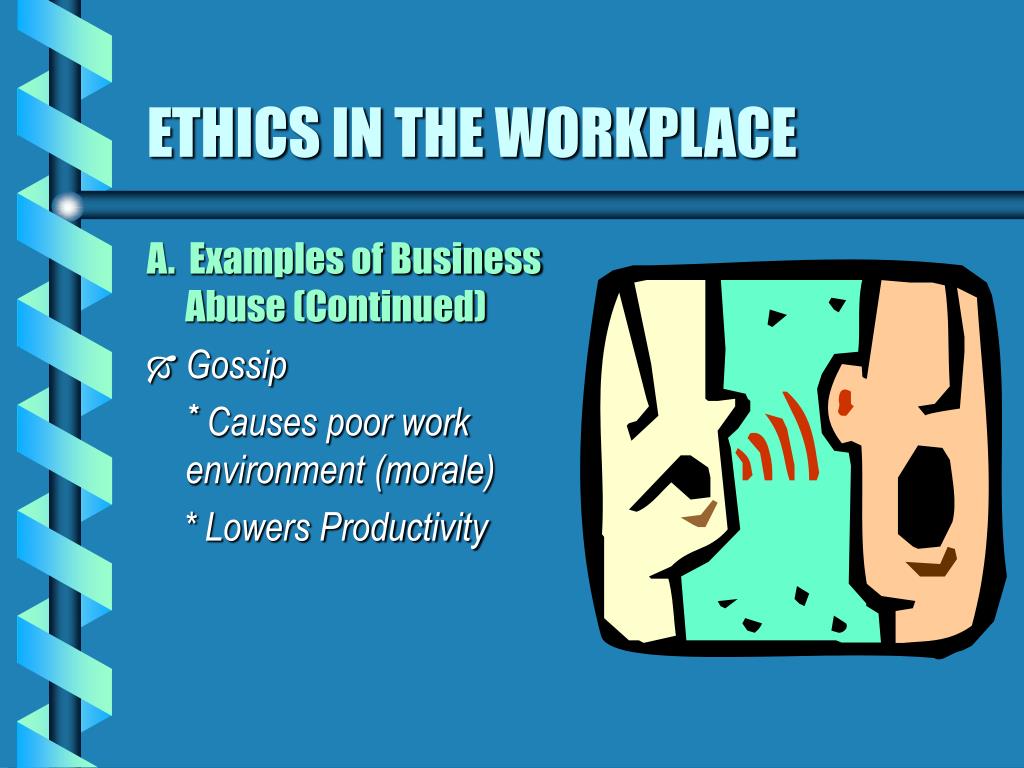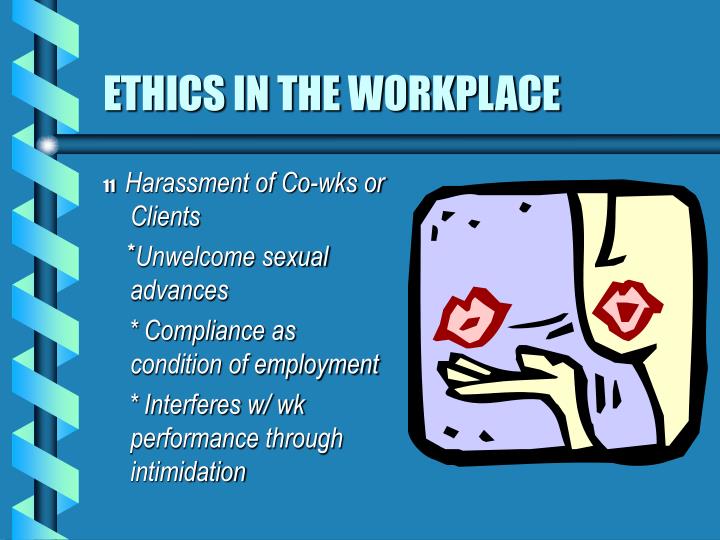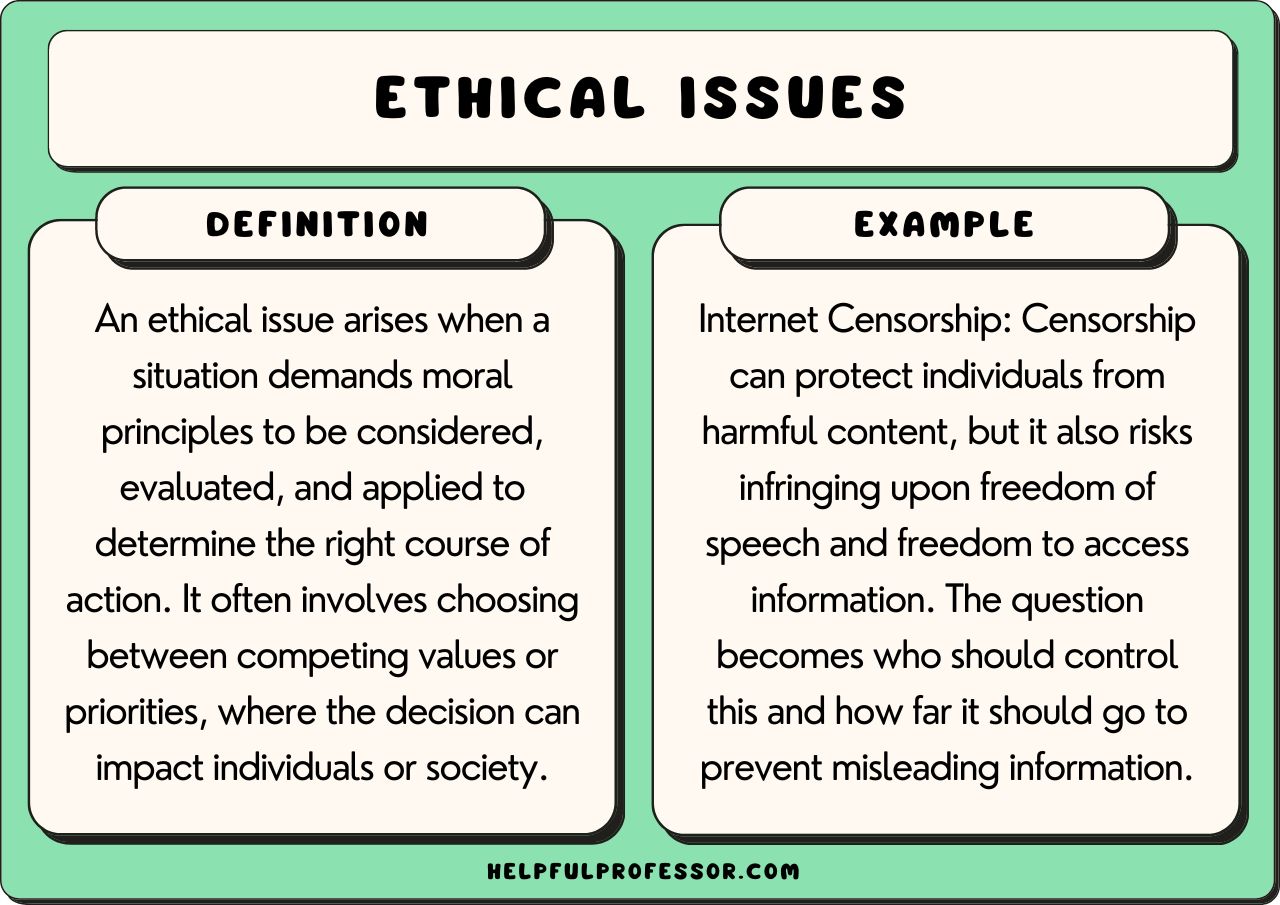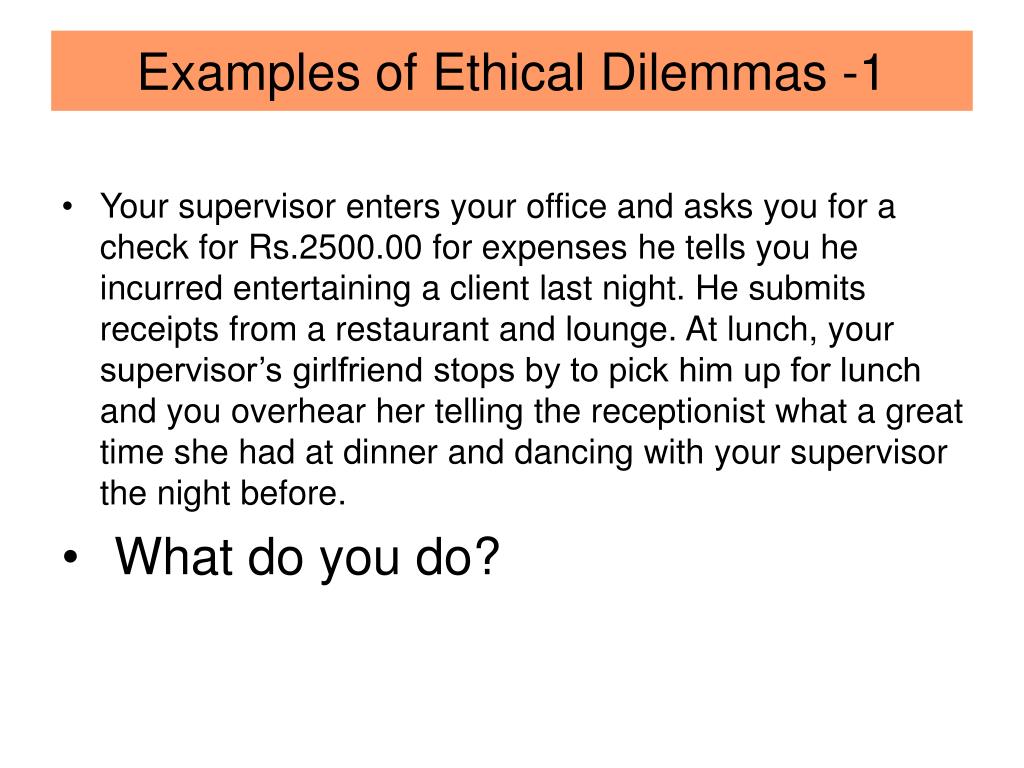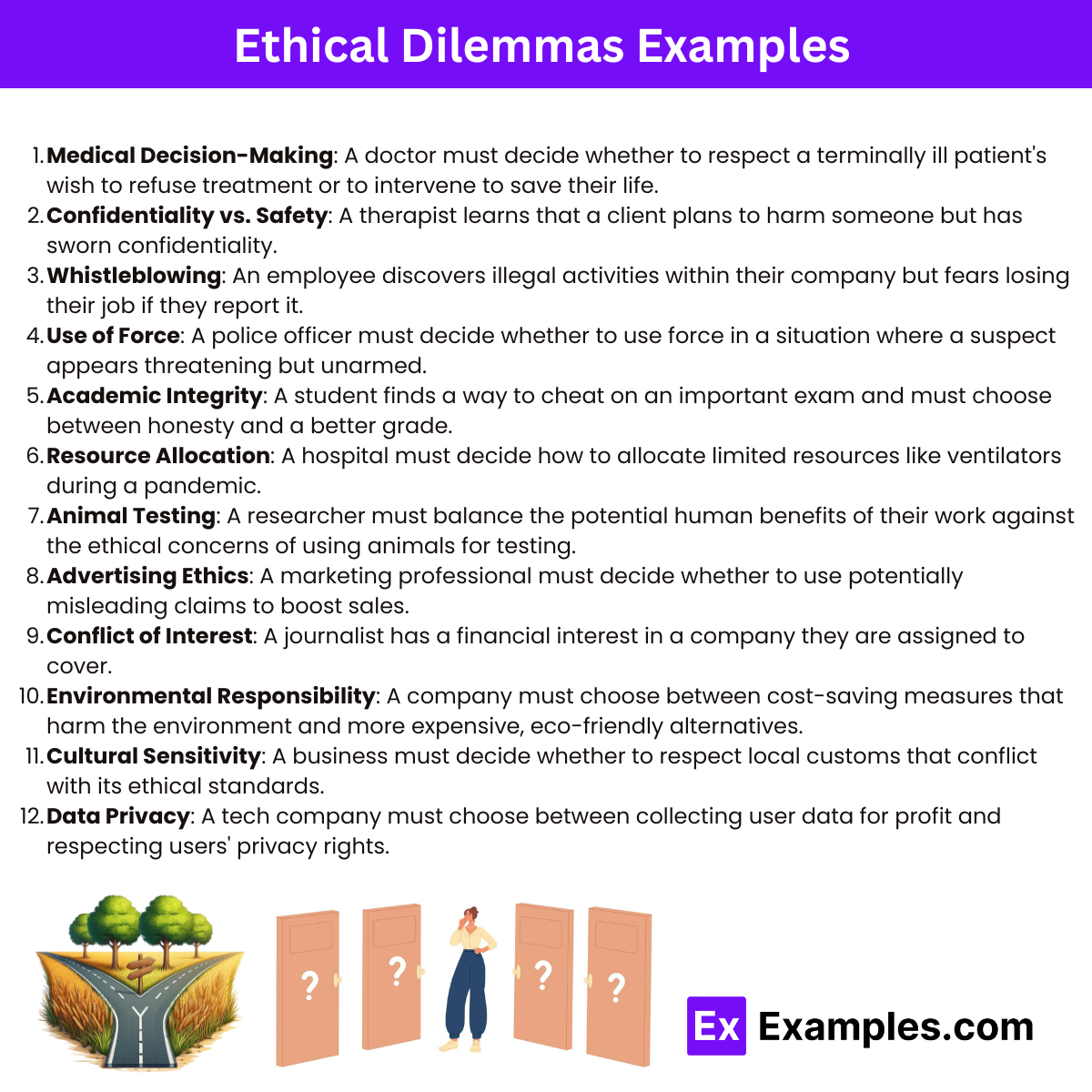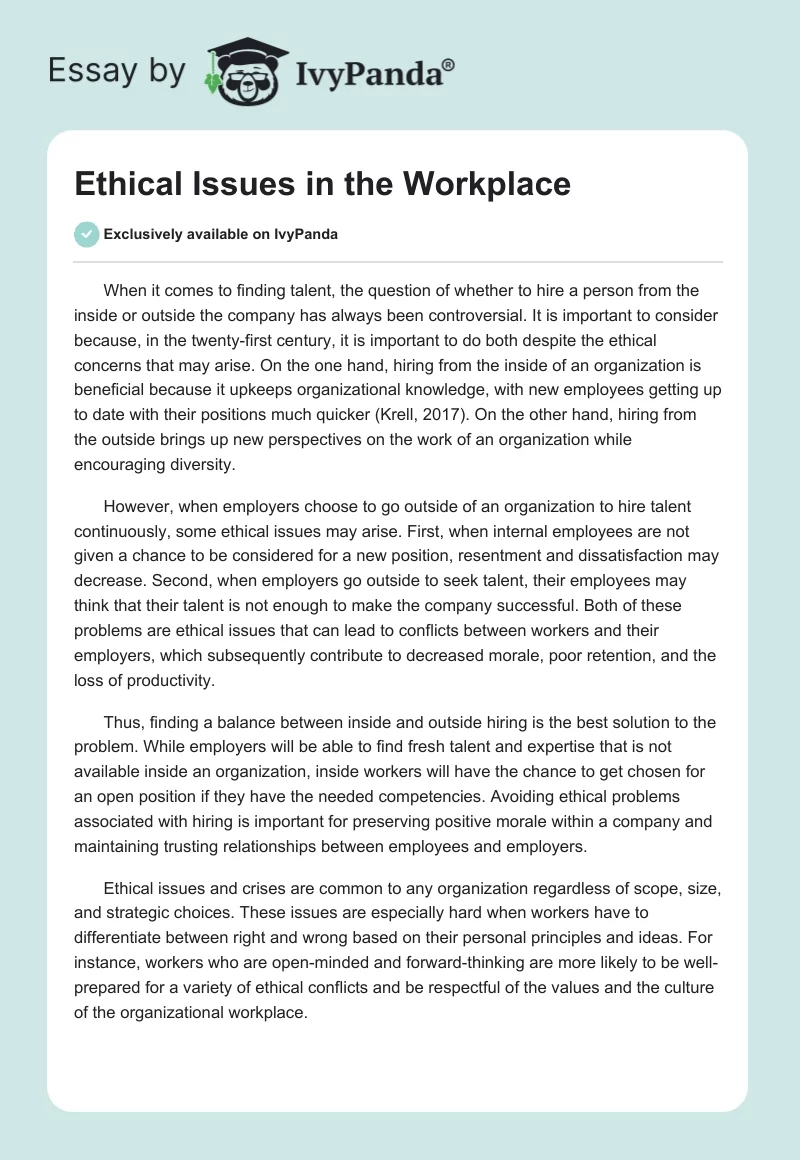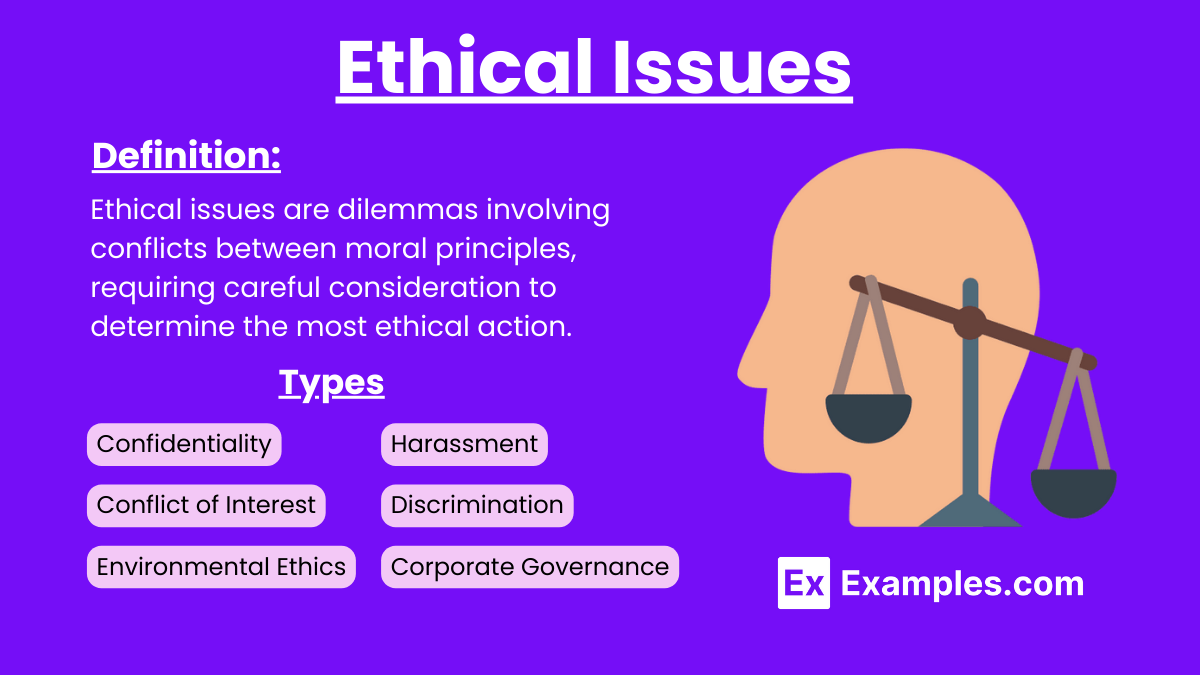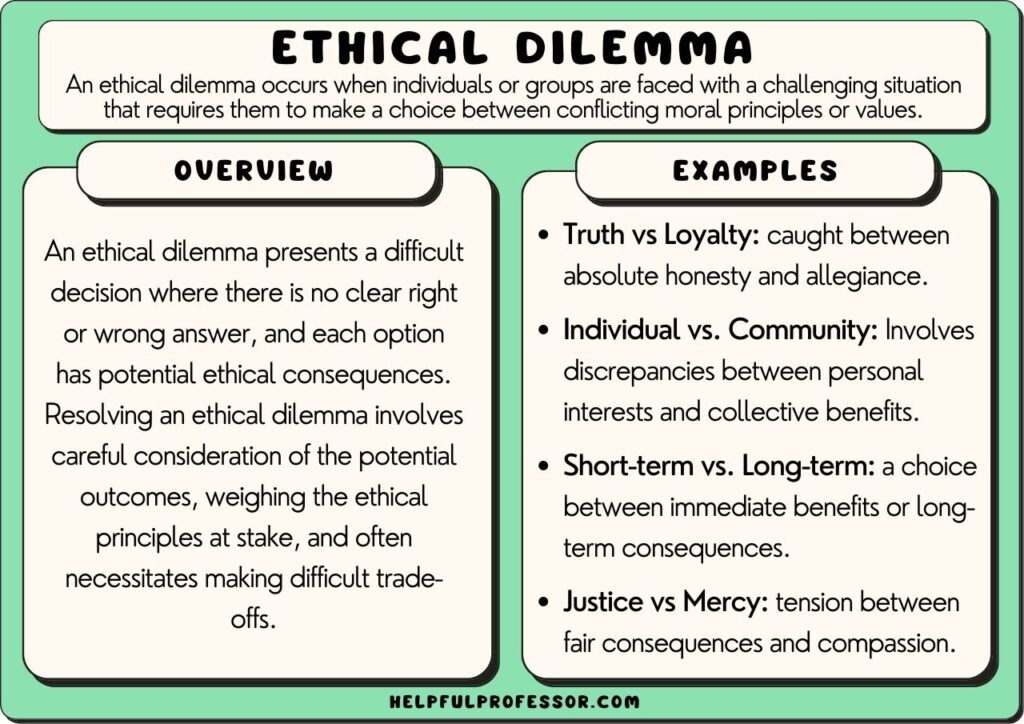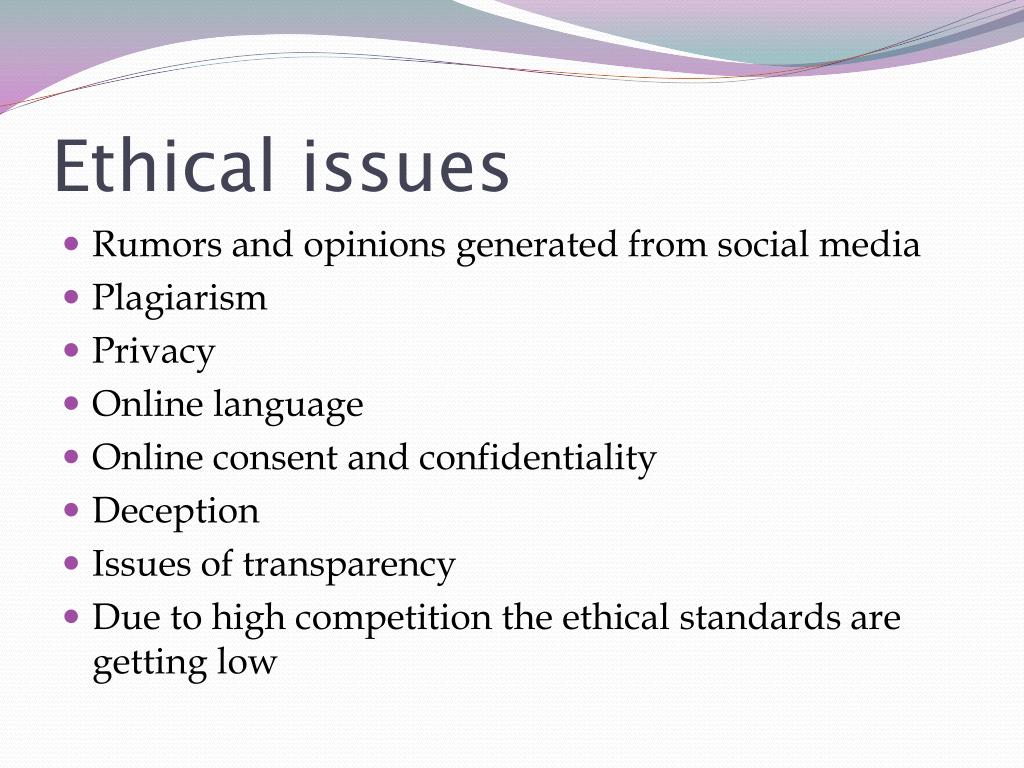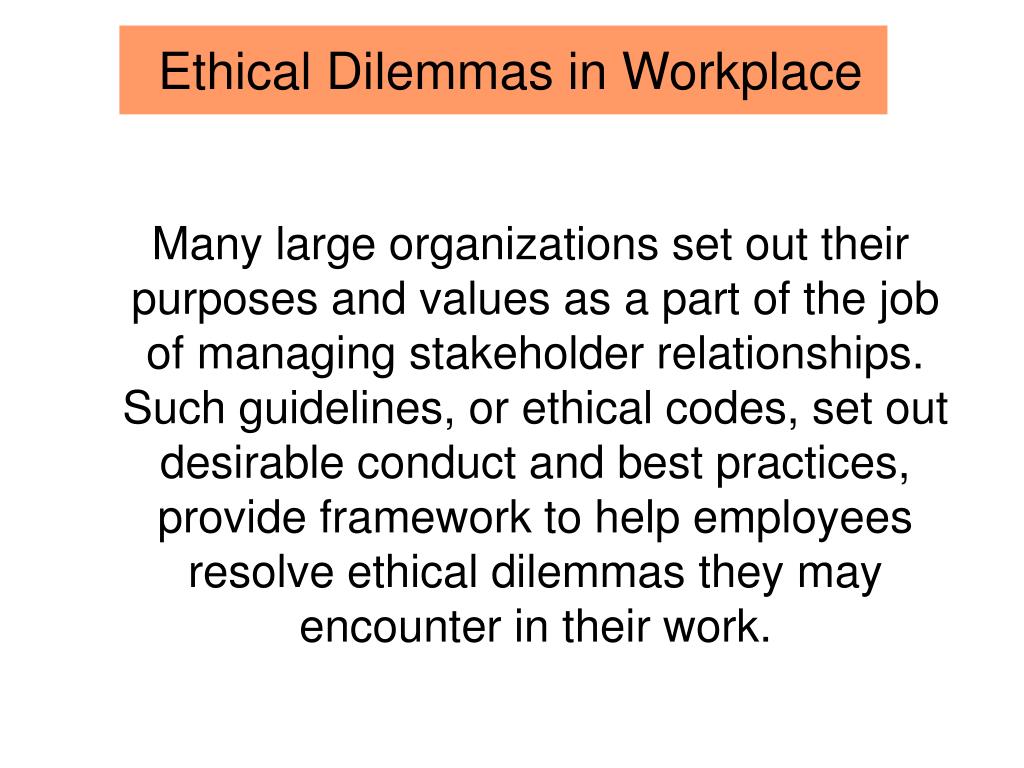Examples Of Ethical Issues In The Workplace
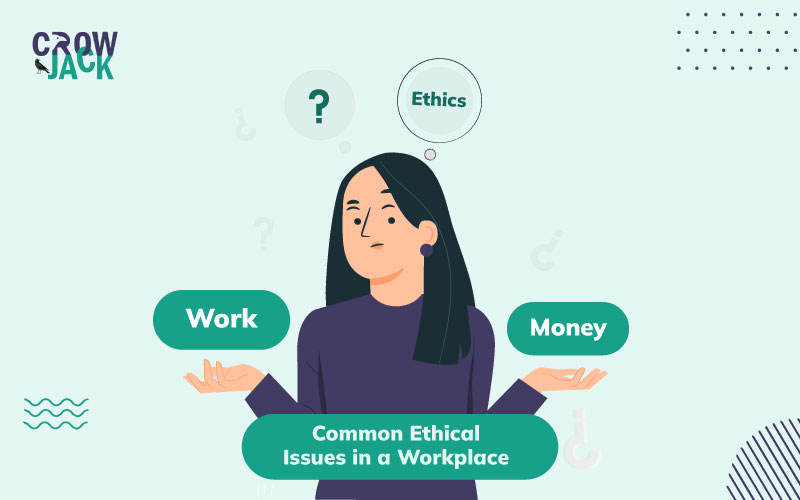
Imagine Sarah, a bright-eyed marketing graduate, fresh out of university and eager to make her mark. She landed her dream job at a trendy tech startup, but soon discovers that the company culture, while seemingly progressive, harbors some unsettling practices. Pressure to inflate user metrics to attract investors weighs heavily on her conscience, forcing her to confront a dilemma: compromise her integrity or risk her career.
This scenario, while fictional, reflects the very real and pervasive nature of ethical issues in the modern workplace. This article aims to explore some common examples of these issues, shedding light on their impact and encouraging more thoughtful ethical decision-making.
Common Ethical Dilemmas
Workplace ethics encompass a broad range of principles and standards that guide behavior within an organization. These principles cover fairness, honesty, respect, and responsibility in all aspects of the workplace.
Conflicts of Interest
A conflict of interest arises when an employee's personal interests interfere with their professional responsibilities. This could involve accepting gifts from vendors, using company resources for personal gain, or making decisions that benefit themselves or their family members rather than the organization.
According to the Ethics & Compliance Initiative (ECI), conflicts of interest are a leading cause of ethical misconduct in the workplace. These conflicts can erode trust and create an uneven playing field.
Data Privacy and Security
In today's digital age, data privacy is paramount. Employees have a responsibility to protect sensitive information, whether it belongs to customers, colleagues, or the company itself.
Ethical issues arise when employees misuse or mishandle data, such as sharing confidential information without authorization, engaging in cybersecurity breaches, or neglecting data protection protocols.
Discrimination and Harassment
Creating a respectful and inclusive workplace is essential. Discrimination based on race, gender, religion, sexual orientation, or any other protected characteristic is not only illegal but also deeply unethical.
Harassment, whether verbal, physical, or psychological, creates a hostile work environment and undermines employee well-being. Companies have a responsibility to implement policies and training to prevent and address such issues.
Transparency and Honesty
Transparency and honesty are foundational to ethical business practices. Misleading customers, manipulating financial data, or covering up mistakes are all examples of unethical behavior that can have serious consequences.
The 2008 financial crisis, fueled in part by a lack of transparency and ethical lapses in the banking industry, serves as a stark reminder of the importance of ethical conduct.
Fairness and Equity
Fairness and equity in the workplace involve treating all employees with respect and providing equal opportunities for growth and advancement. Unethical practices such as favoritism, nepotism, or unequal pay can undermine morale and create resentment.
A recent study by Payscale found that significant pay gaps persist between men and women, highlighting the ongoing challenges in achieving pay equity.
The Importance of Ethical Leadership
Ethical leadership plays a crucial role in shaping workplace culture and promoting ethical behavior. Leaders who demonstrate integrity, fairness, and respect set the tone for the entire organization.
When leaders prioritize ethical conduct, employees are more likely to follow suit. Conversely, when leaders engage in unethical behavior, it can create a culture of impunity and encourage others to do the same.
Building an Ethical Workplace
Creating an ethical workplace requires a multi-faceted approach. This includes developing a clear code of ethics, providing ethics training, establishing reporting mechanisms, and fostering a culture of open communication.
Companies should also encourage employees to speak up about ethical concerns without fear of retaliation. A strong ethical culture can attract and retain top talent, enhance reputation, and improve overall business performance.
Ethical challenges are inevitable in the workplace. However, by recognizing these challenges and proactively addressing them, we can create more just, equitable, and sustainable organizations.
Perhaps Sarah, in our initial scenario, can become a catalyst for change within her company, championing ethical practices and inspiring others to do the right thing. The future of work depends on it.

